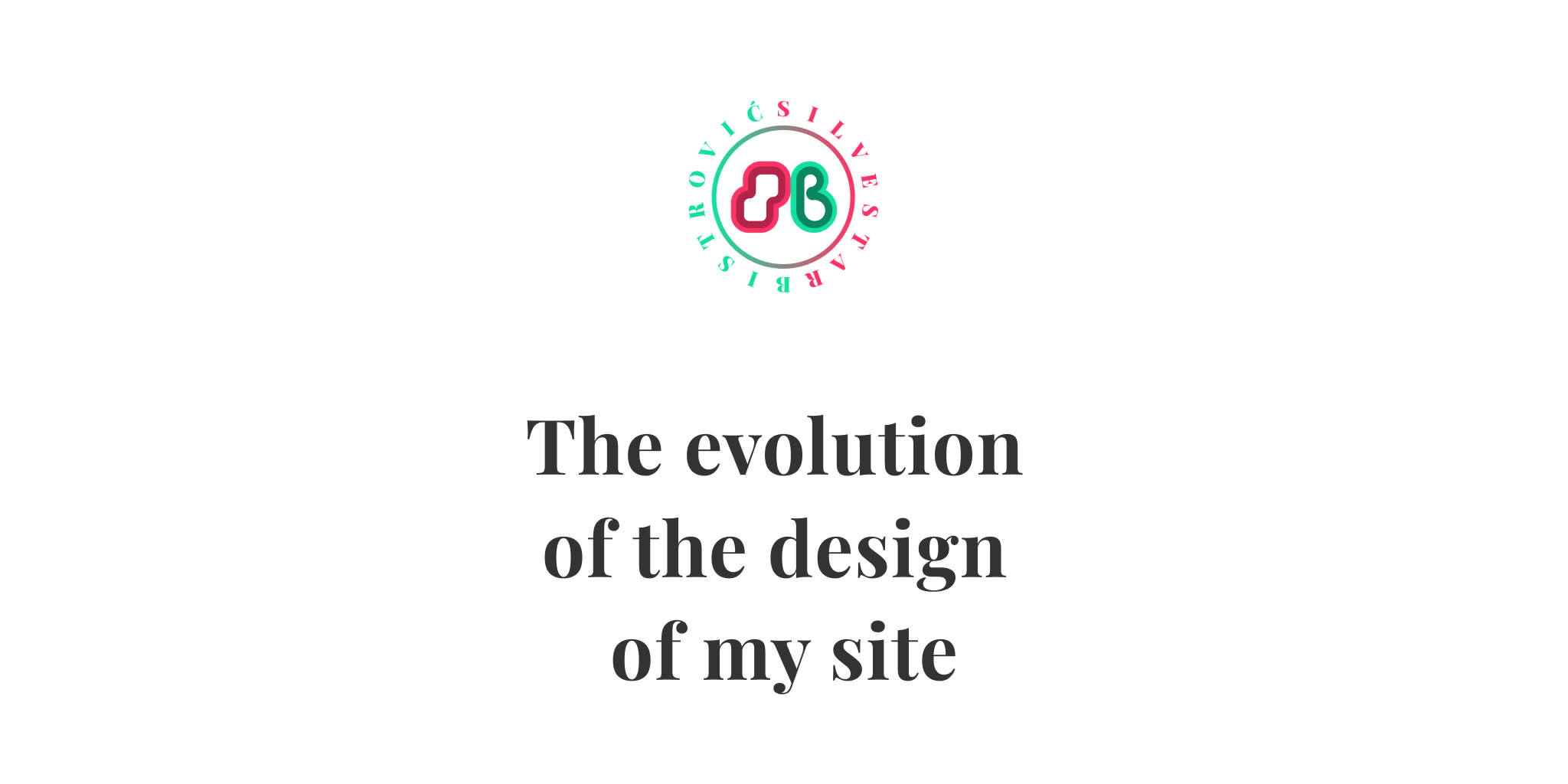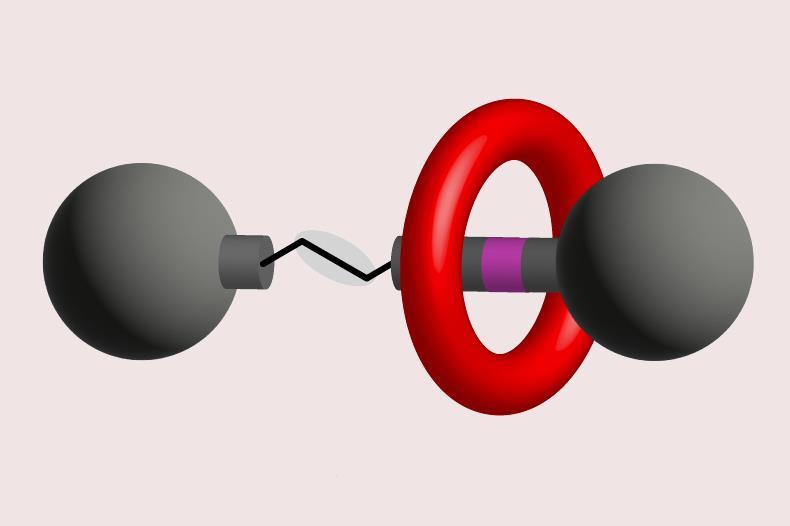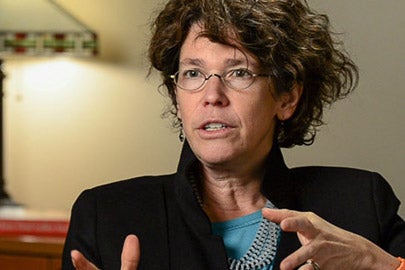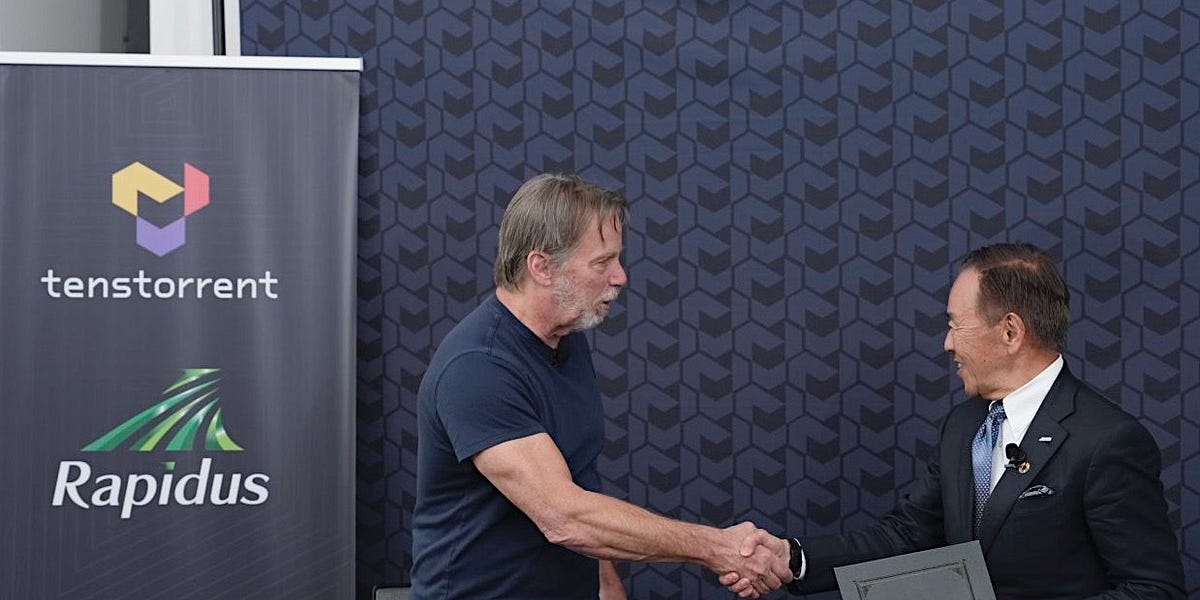The WordPress mess [LWN.net]
WordPress is the world's most popular open‑source blogging and content‑management platform. In its 20‑plus years of existence, WordPress has been something of a poster child for open source, similar to Linux and Firefox. It introduced the concept of open source to millions of bloggers, small‑business owners, and others who have deployed WordPress to support their web‑publishing needs. Unfortunately, it is now in the spotlight due to an increasingly ugly dispute between two companies, Automattic and WP Engine, that has spilled over into the WordPress community.
WordPress is a PHP‑based, GPLv2-licensed, content‑management system (CMS). It was forked from b2 by Matt Mullenweg and Mike Little in 2003, after b2's development stalled. As blogging became mainstream, WordPress was the tool of choice for many aspiring bloggers due to its ease of use and the fact that it was free as in beer and speech.
In 2005, Mullenweg founded Automattic, which started out offering WordPress hosting via WordPress.com and comment-spam protection via the Akismet service. Its portfolio of services and holdings (including the Tumblr micro‑blogging platform) has grown substantially since then; it includes the WooCommerce online-store platform, Gravatar web-profile service, Newspack news-publishing platform, and others. WordPress hosting, however, remains at the core of its business. Foundation and trademark Automattic's press page lists 11 investors in the company and describes it as a "later‑stage growth phase" company. In 2010, Mullenweg started the non‑profit WordPress Foundation to manage WordPress development and hold the WordPress trademarks. The open‑source project is often referred to as WordPress.org to distinguish it from Automattic's WordPress.com hosting business. When the marks were transferred, Mullenweg wrote that "the most central piece of WordPress's identity, its name, is now fully independent from any company".






















